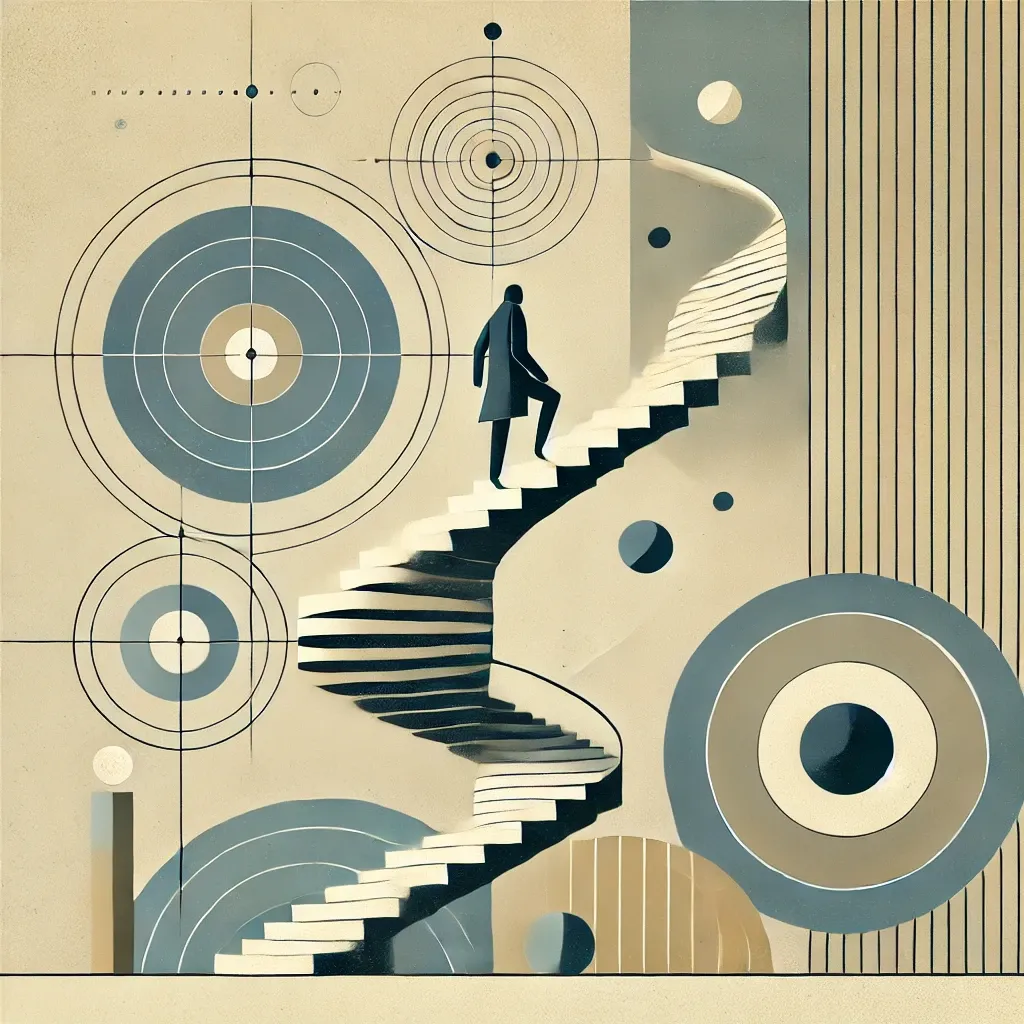Of all the tear-jerking moments in cinema history…
One of the strangest comes from the climactic scene of the movie, Lord of the Rings, The Return of the King.
In brief:
At the end of the trilogy, Middle Earth has been saved, and the lead character, Aragorn, fulfills his destiny by becoming the King of Gondor, and marries his true love, Arwen.
At the coronation, the couple walk down an aisle, paying respects to those who helped them on the journey.
Finally they come to the four hobbits, who bow before the newly-crowned King.
That’s when Aragorn says: “My friends, you bow to no-one.”
And he gets down on one knee, a gesture which everyone else follows, leaving the four tiny hobbits left standing.

The music score hits, and it’s almost impossible not to feel a wave of emotion.
But why?
Nothing “sad” happens. Yet it leaves even the hardest of men a sobbing mess.
One word: Gratitude.
At his most triumphant, Aragorn passes the spotlight over to the hobbits as a genuine thanks.
Which brings me out of Middle Earth, and back to your Career Supplement:
If gratitude is this powerful…
Are you showing it in your career to the people who’ve helped you?
Or are you strangling your career with ingratitude, cutting off the branches of goodwill people have offered you?
It’s an important, yet rarely discussed topic, so today I’m going to share a few ways to say “thank you” in your career.
Here we go.
🙏 Be genuine.
This is why the LOTR scene hits like a truck - Aragorn is completely genuine. You must do the same. Remember, people can detect insincerity a mile away.

🗝️ Be specific
If you just say ‘Thank you’, it can come across as insincere or a hollow comment. Because, what are you thanking them for?
So, be specific. What has this person done for you?
Bad: "Thank you for the help!"
Good: "The advice you gave me on how to be more assertive at work really struck home. It made me realize where I'm being too passive and helped me take charge during our last team meeting. Thank you!"
By the way, if you’re a manager, be specific when giving compliments to your employees too:
"Carlos, your insights on the Phoenix campaign were spot-on. Thanks for steering us in the right direction."

🔄 Don’t expect (or hope for) anything in return
Hot take:
Most people only say ‘thank you’ in their careers because they expect something in return. And there lies the problem - people can always see you circling back.
Here’s the mindset we want to adopt instead:
You’re not trying to get something. You’re trying to show something.
It’s a small mental shift, but it makes a difference in how you come across.
Obviously, expressing genuine appreciation has its own positive impact on your relationships. When you show appreciation without expecting anything in return, people will be more likely to want to help you again in the future. But remember — that's just a side effect, not the main goal.
⚡ Late is infinitely better than never
Often, what stops us from saying ‘thank you’ is thinking that we’ve missed our chance.
But actually, a delayed thank-you (sometimes years later) is better, because with hindsight you can appreciate the value of what that person’s done for you. A reader sent me this some time ago (thanks Liz!):
"Take the trouble to thank people, however long after the event. I recently had a fantastic email 20 years after providing guidance. The author of it explained how beneficial my work had been throughout her career. What an email!"

🎯 Keep the thank you appropriate
This is a mistake a lot of people make. You've got to match the level of your thank you to the help you received.
An overly dramatic thank you for a simple favor will seem insincere and make it seem like you just dish out your thank you's. And a casual 'thank you' for something that someone went out of their way to help you with comes across as dismissive. An example:
Too much: "I can't thank you enough for proofreading my report! I'll never forget your kindness. What would I do without you!"
Good: "I appreciate you taking the time out to proofread it. I needed that second opinion."
I remember a boss I had who would often say, "Rohan, you're an absolute superstar," for mundane tasks like forwarding an email. His intentions were good— he wanted to make me feel valued, and at first, it did make me feel special.
But after a while, his over-the-top thank yous began to feel so diluted that even when he meant them sincerely, they didn't carry any weight.
That being said, if someone has literally changed your life, tell them they did and don't tone it down. The point is to be genuine.

🏆 Shine a light (Public thanks)
Private thank yous matter. But public ones build reputations.
If you’re a manager or simply want to give someone the recognition they deserve, consider making it public:
- Mention someone’s accomplishment in front of the team.
- Tag them in a LinkedIn post about a project win.
- Post a shout-out on Slack or in a group email.
If you're managing a team, try to make this a habit (if it’s deserved).
When you publicly recognize someone's work, others see what they did. It builds their reputation naturally. Plus, people get to know who's good at what.
An example:
Bad: Dropping a quick "@thanks" in Slack
Good: "Jon, great stuff on that market analysis you did - it's what made the campaign work! Probably saved us weeks."
Don’t be artificial about it though. You're not trying to put on a show. You're just making sure people get the recognition they deserve.


